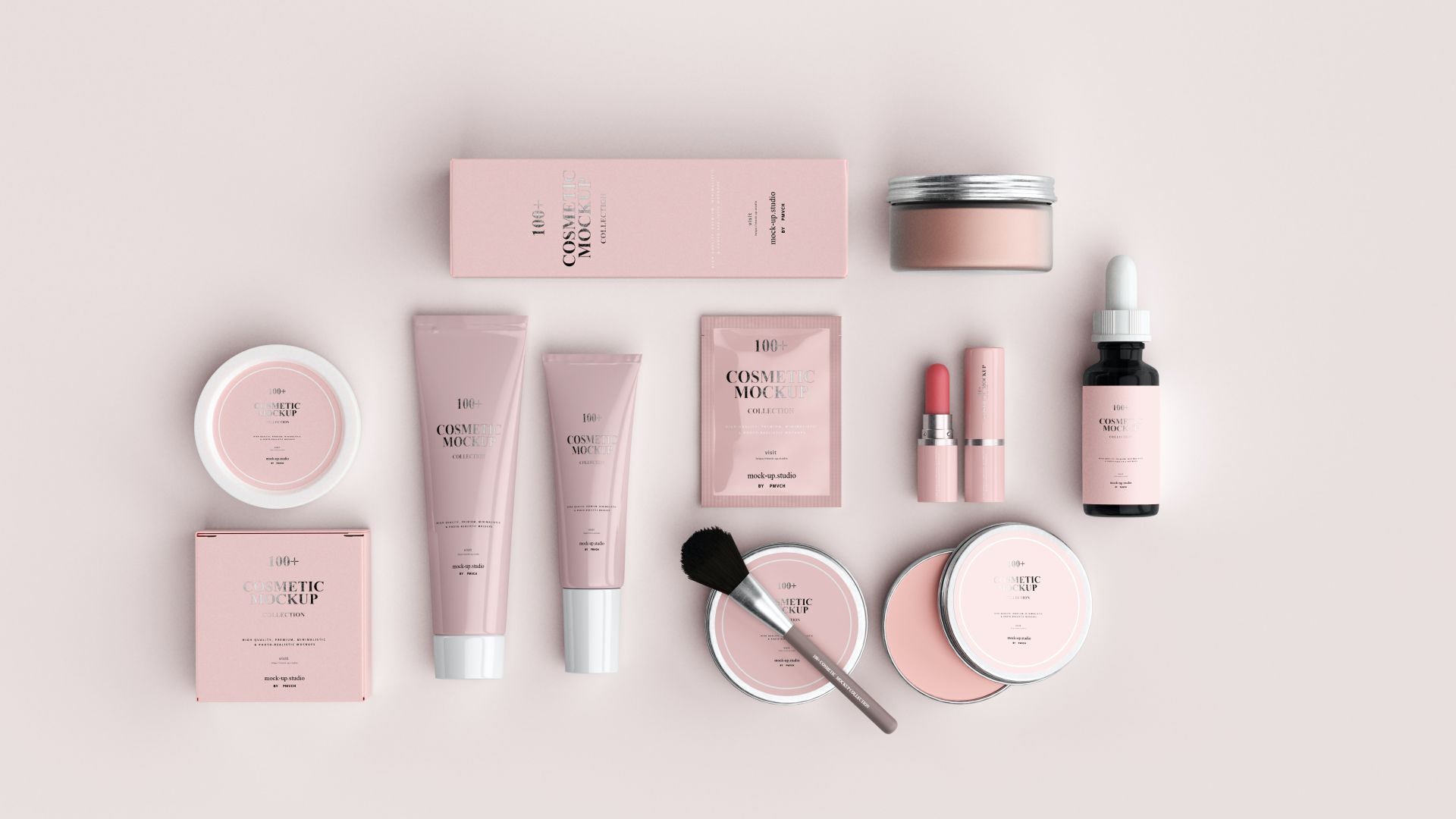The global cosmetic industry market is valued at $511 billion dollars and that will only increase with projections of the industry being worth $716 billion dollars by 2025.
So, if the industry is growing and extremely lucrative, what the hell happened to Revlon?
First, let's wind it back a bit
On June 17 2022, Revlon filed for bankruptcy after over 90 years of selling “makeup, hair colour, nails & tools”. During the 1900’s they were a staple in many women’s makeup collection. In the 1950's they launched one of the most successful beauty campaigns of all time: "Fire & Ice", by emphasising bold colour and self-expression, causing a massive stir among beauty conscious women. This collection included the iconic red lipstick.
During the 20th century, Revlon trailed only Avon in sales. They were considered trailblazers in the cosmetics industry in a number of ways, and were the first beauty company to feature a black model, Naomi Sims, in 1970.
Generation-Z and Millennial children probably remember their mothers using Revlon products – most likely bought at a Myer or David Jones.
What is bankruptcy? Asking for a friend
This month, Revlon essentially said, “hey guys, we can’t pay our debts back... lol.” The company listed assets and liabilities (think of those as their financial obligations) between $1 billion and $10 billion. This now calls for Revlon to restructure and likely receive $575 million USD from existing lenders to allow the company's day-to-day operations. The company has announced they will be learning from “celebrity launches” to be more “nimble” within the industry – a missing component in their current structure.
Why do I think they failed? Consider this the opinion part of this article.
In plain words… I grew up considering Revlon as an “old” makeup brand, and I believe they never left that “old people makeup” zone in my head. Over the past few years, the beauty industry has indeed expanded, particularly as young adults and teenagers entered the scene under the influence of beauty influencers – the British Youtuber boom, Michelle Phan, James Charles, and all the drama involved.
Eventually, many other brands emerged and evolved to cater towards an expanding demographic of makeup users: young, fun, multicultural and experimental. It seems Revlon remained stuck in the past, coming up with “bold” products that just weren’t. Check out these wild ads from 2021!
They did not keep up with the contemporary progression of trends, something other brands prioritised: Morphe leaned into collaborations with influencers; Too Faced took on cute aesthetic packaging and pastel colours (with an added bonus of nice smells); at the drugstore level, Maybelline created a unique marketing strategy to promote their products, releasing new mascara with buzz words: “Hypergloss”, “Age Rewind”, “Colossal Curl”. Revlon unfortunately kept their products and hence their marketing almost comically bland.
In the end, they just did not cater to the growing market of cosmetic product users. Let's see what happens in the next few years.


 -
-